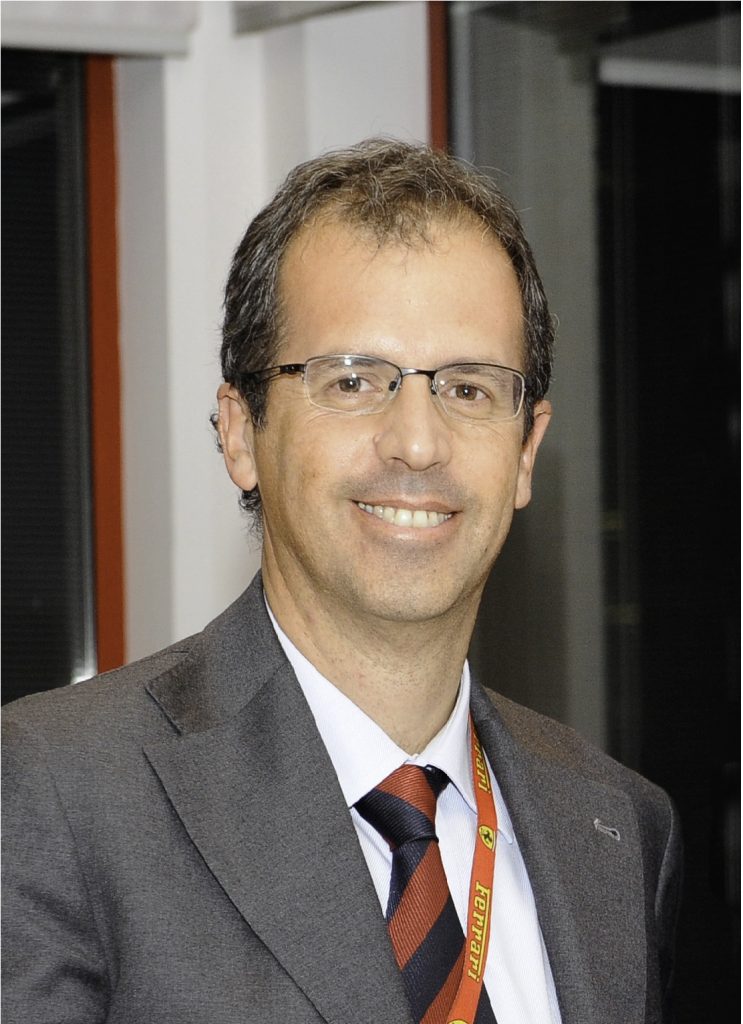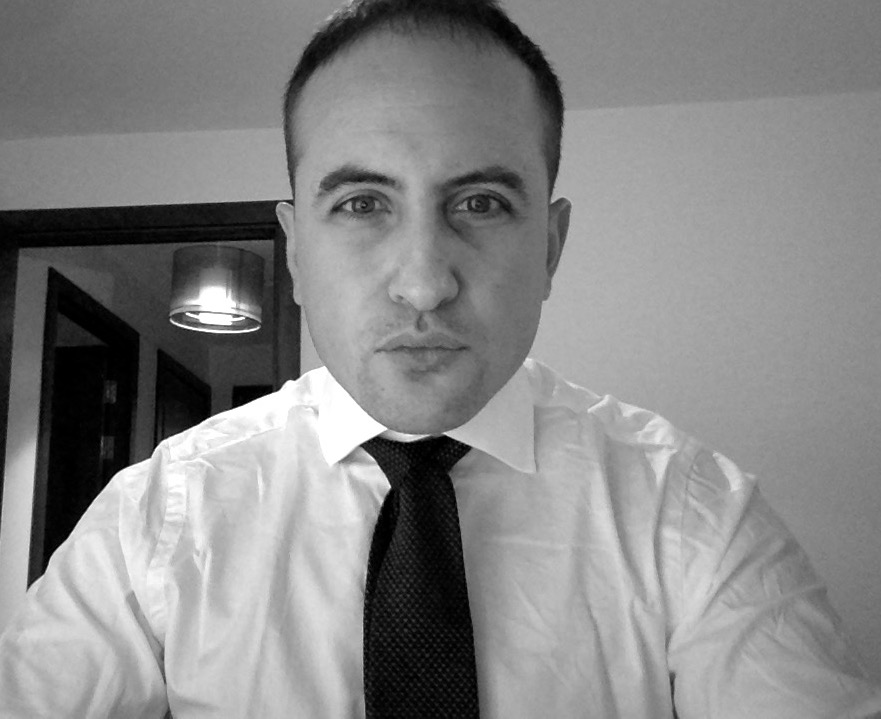Due to the SARS-COV-2 pandemic, ECRTS 2020 will not happen as a physical conference. This also applies to the keynotes, which unfortunately had to be postponed to ECRTS 2021 in Modena, Italy.

For a conference situated in Modena, it is difficult to escape the traction of these not-so-slow cars with the prancing black horse. It is, therefore, our pleasure to announce that our first confirmed keynote will be held by Claudio Silenzi from the Scuderia Ferrari Formula 1 racing team. Claudio will immerse us into his world of Formula 1 racing with one of the world’s most successful teams, presenting:
A Real-Time Perspective for Ferrari F1
The software and hardware development in Ferrari F1 is characterized by a very short cycle time. During in-season development, fixes and new features need to be addressed in a few days to be ready for the following race. At the same time, the hardware, like new electronic control units or new devices, need to be developed from one year to the other. In this scenario, validation procedures become very critical, because of the need to achieve the same results in a shorter time, while guaranteeing real-time requirements of a heterogeneous set of tasks.
Claudio Silenzi leads the hardware and software development in the Ferrari F1 electronic department. He graduated in Rome in Electronic Engineering, with a specialization in electronic systems and components. After collecting experience in several software development projects, he joined Magneti Marelli, where he has been involved in the development of electronic control units for racing activities, including in the firmware code required for these systems. Having spent several years as resident engineer and as a software engineer in Ferrari F1, he joined the group who was in charge of developing the Kers/Ers system for Ferrari F1 cars. In this role, he was in charge of designing several inverters, battery monitors and control units used in the powertrain of the car, always bridging to software development, before he assumed his current position as head of the hardware and software development team in the Ferrari F1 racing team.

It is with equal pleasure to announce our second confirmed keynote by Matteo Andreozzi on:
High Performance Real-Time on ARM Platforms
Computer Systems are rapidly evolving and moving from being designed as targeting general purpose, real-time, high performance etc. use cases, to be designed for increasingly mixed and often difficult to predict use-cases. Co-location of multiple workloads on a single computer system allows improving system’s resources utilization, re-use (e.g. IO devices, accelerators, etc.) and efficiency of data sharing across workloads. This, however, comes at the cost of potential severe performance degradation due to interference on shared resources, and increased uncertainty in terms of workload performance predictability.
I present here ARM’s approach to solving the challenges that high-performance applications pose, showing how understanding predictability bottlenecks is crucial to this challenge, and how to adopt analysis strategies suitable for this class of applications. I proceed to describe current ARM IP features that can increase predictability and determinism by implementing QoS and I finally present our vision for future ARM QoS solutions.
Matteo Andreozzi contributes at ARM to the design of future architectures for mobile, automotive, embedded and robotic systems. He looks after themes such as QoS, realtime and performance of ARM based systems.
Matteo leads a team that is responsible for designing architectural solutions for high-performance real-time systems, covering all major ARM market segments: mobile and IoT devices, infrastructure, automotive and industrial. His team’s activities are varied and span from research to prototyping, partner engagement, technology transfer and ARM architecture design and deployment.
His experience with topics such as event-driven simulation, QoS, RealTime , goes back almost 15 year ago, when he started his academic researches and Ph.D. and developed into industrial roles first at Nvidia, and now ARM.
He has been an invited lecturer at both the University of Pisa and at the University of Cambridge where he gave talks about the topics above.
